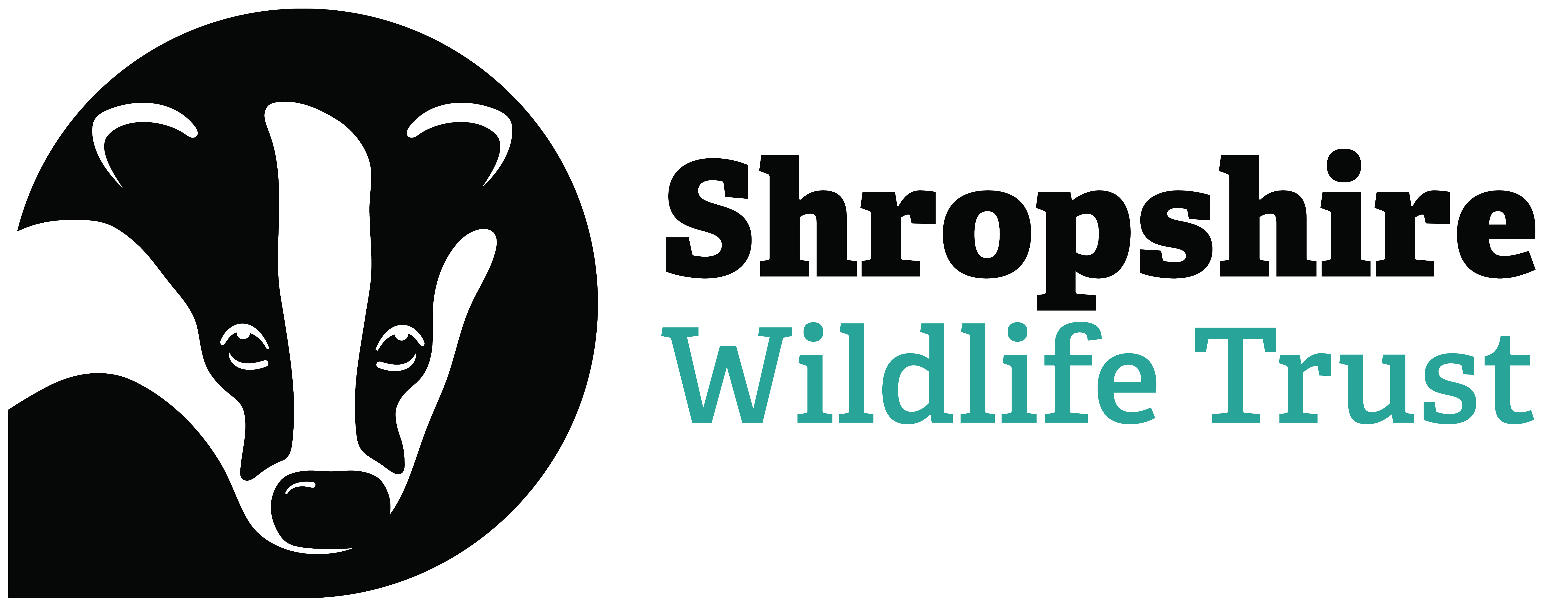The UK is one of the most nature-depleted countries in the world and, with 41% of species in decline since the 1970s plus 15% of species at risk of extinction, urgent action is required to stop hedgehogs, water voles, and red squirrels disappearing forever. The Wildlife Trusts plan to empower people to reverse the trend.
Craig Bennett, chief executive of The Wildlife Trusts, says:
“The situation is dire and nature needs to be put in special measures – we must ramp up action as never before by triggering a decade of nature restoration. Conservation of the wildlife and habitats that remain is no longer enough because what we’ve got left is so fragmented and diminished. In the past we’ve focused on preserving habitats and species – now we need to restore the abundance of nature, and with it, the ecosystem processes that’ll get nature working again.
“Despite the huge loss of wild places and wildlife that depends on them, there is hope. The UK has committed to protecting and managing 30% of land for nature by 2030 and we’re going to be working with all national governments and local authorities to make sure this happens.”
The Wildlife Trusts have three new goals:
- To put nature in recovery by making more space for it, connecting habitats on a large scale, restoring the abundance of nature and enabling ecosystems to function again
- To inspire one in four people to take action for nature by working with communities, especially young people, to rewild their neighbourhoods
- To enable nature to help humanity so that wild places store carbon, prevent flooding, reduce soil erosion, aid pollinators and support people’s wellbeing
The Wildlife Trusts are working in every county of the UK empowering people to drive change.
Shropshire Wildlife Trust recognises that working in partnership with the people of the county is crucial to achieving the increase of the land that benefits nature to 30%. The Trust plans to achieve this in a variety of ways:
- Working in partnership with farmers and land managers we will seek opportunities and funding to create and restore habitat across Shropshire, building a nature recovery network alongside thriving farm businesses. We will link our 1,000 hectares of nature reserves more closely with the surrounding countryside as exemplars of conservation.
- We are pursuing nature-based solutions for problems affecting Shropshire, including peatland restoration to absorb carbon, and natural flood management to ‘slow the flow’ and mitigate flooding.
- We will mobilise communities across Shropshire and Telford & Wrekin to take action for nature, and promote public wellbeing through contact with nature.
Craig Bennett, chief executive of The Wildlife Trusts, says:
“Nature needs people to act now before it’s too late and we can all be part of the effort to restore our natural world at the scale so desperately needed. We’ve found that people want to get involved, and The Wildlife Trusts – with staff in every part of the UK – are well placed to enable this to happen. It’s up to us all – businesses, landowners, schools, governments, and individuals – to heal our natural world.”
Liz Bonnin, President of The Wildlife Trusts, says:
“We can succeed at putting nature into recovery if we all work together as one interconnected community. Our precious ecosystems – all interconnected and interdependent themselves – need to be able to do their job in maintaining the health of our planet. The Wildlife Trusts’ Strategy is harnessing the tremendous amount of expertise from all 46 Trusts to restore our wild places, putting people at the heart of it all. It’s time to fall in love with our planet again, and become the responsible custodians it deserves.”
Read The Wildlife Trusts’ Strategy 2030 here.
